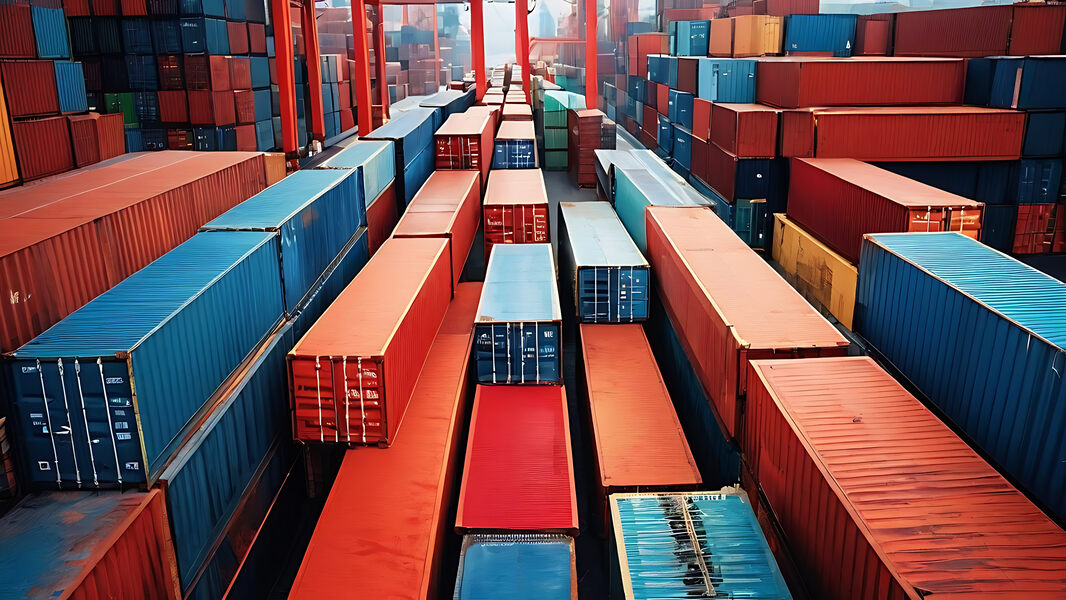
30 years of competitiveness research
“Dear colleague, nations do not compete, only companies do: forget about your idea of competitiveness of nations!” This advice from a renowned professor a little over 30 years ago was a bit unsettling. At the time, Paul Krugman, the future Nobel Prize winner in economics, expressed a similar opinion in a Foreign Affairs article: “This is just another name for productivity.” Undoubtedly, my work on the competitiveness of nations was off to a bad start.
Today, a Google search on “World Competitiveness” or “Competitiveness of Nations” produces more than 35 million results. IMD recently successfully published its 30th report on competitiveness as well as its 2nd on digital competitiveness. Each country prides itself on having a competitiveness strategy, a competitiveness council and even for some a competitiveness minister. Few concepts have been so successful in recent years. Why?
In a global world, it became rapidly obvious that countries do compete, and not only with their companies but also with their infrastructure or the quality of their administrations. As for productivity, it is a relatively imprecise term that combines statistics which are somewhat unreliable: GDP and the number of hours worked per employee. Also, can productivity alone explain how a country manages sustainable development or social stability?
The economy cannot be reduced to a few decisions on interest rates, taxation, budgets or debt. Today, no one disputes that the long-term prosperity of a nation and its people are based on economic but also social policies such as the management of education or social consensus. Specifically, competitiveness analyzes, integrates and evaluate the totality of a nation’s performance in a global environment.
As a result, one or two criteria do not suffice to explain the success of a country. Lowering taxes is fruitless if the infrastructure collapses or people go on strikes. Like many pixels increase the quality of a photo, many criteria provide a better understanding of the success of a nation. Consequently, rankings of competitiveness are often perceived as an assessment of government effectiveness.
There is no magic formula for competitiveness. Indeed, each country competes with its economic and social infrastructure or its policies. However, it remains unique when it comes to managing the interaction of its resources and skills in connection to its history, culture and value system. Therefore, there is no universal “cooking recipe” for competitiveness but various national achievements that countries can benchmark and adapt.
The strength of competitiveness is also to force nations to think about the longer term, beyond the quarterly fluctuations of GDP or the next elections. For example, Switzerland’s competitiveness is based on the diversity of its economy, education, the quality of its SMEs, technology and social stability. These are all long-term competitive advantages that cannot be rapidly overturned. Such sustainability explains in part the strength of the Swiss economy when confronted with economic or monetary crises.
Competitiveness is not an end but an extremely effective tool for achieving the prosperity of a nation. However, this concept, which characterizes the collective success of a country, should lead to a higher goal, one that is more relevant to people’s everyday lives: as a sense of economic and social well-being, and even happiness.
This approach was summed up very well by Wen Jiabao, the former Chinese prime minister: “The goal is to enable everyone to live a happy and dignified life, to feel safe, and to have confidence in a society of equality and justice”.
Stéphane Garelli is Professor Emeritus at IMD and former Chairman Le Temps newspaper. He is founder of the IMD World Competitiveness Center.
Research Information & Knowledge Hub for additional information on IMD publications
IMD produces a yearly Smart City Index offering a balanced focus on economic and technological aspects of smart cities on the one hand, and “humane dimensions” of smart cities (quality of life, environment, and inclusiveness) on the other. In this...

China's self-reliance, innovation & resilience under 'Made in China 2025' continue to shape its global role amid geopolitical tensions & policy challenges.

Your gut instinct matters in a data-driven world. IMD’s Heather Cairns-Lee & Eugene Sadler-Smith explain how intuition enhances decision-making in uncertainty.
With stagnant import volumes since 2021, and import prices at levels below those suggested by fundamentals, foreign exporters face an uphill battle to convert access to the Chinese market into revenues. Notably, the volume stagnation predates the ...

Early in his career, Dolf van den Brink did everything he could to project an image of authority – including wearing spectacles he didn’t need. It wasn’t until he learned to be comfortable in his skin that he began to excel as a leader, he tells ...
It has become conventional wisdom to view Europe as an economic powerhouse past its prime, overshadowed by the steady advance of the US and meteoric rise of China. Critics cite Europe’s shrinking share of global GDP, excessive regulation, and slug...
Now in its eighth year, the 2024 IMD World Digital Competitiveness Ranking measures the capacity and readiness of 67 economies to adopt and explore digital technologies as a key driver for economic transformation in business, government, and wider...

A balanced assessment of the past eight years is that, in terms of trade policy, America has turned protectionist, implementing significant measures to restrict domestic market access to foreign (non-US) imports.

Key minds behind the Hinrich-IMD Sustainable Trade Index – Deborah Elms, Chuin Wei Yap, Christos Cabolis, and Simon Evenett – explain how decision-makers can benefit from looking at industrial policy in granular detail, given its resurgence and th...
Inflows of foreign direct investment into China shows worrying trends despite its massive economy. While total FDI appears substantial at $163B in 2023, most growth comes from existing foreign subsidiaries rather than new entrants. Foreign manufac...
IMD World Competitiveness Center Report, 8 April 2025
Research Information & Knowledge Hub for additional information on IMD publications
Research Information & Knowledge Hub for additional information on IMD publications
Research Information & Knowledge Hub for additional information on IMD publications
Research Information & Knowledge Hub for additional information on IMD publications
Research Information & Knowledge Hub for additional information on IMD publications
Research Information & Knowledge Hub for additional information on IMD publications
IMD World Competitiveness Center Report, 14 November 2024, 8th edition
Research Information & Knowledge Hub for additional information on IMD publications
Research Information & Knowledge Hub for additional information on IMD publications
Research Information & Knowledge Hub for additional information on IMD publications
Research Information & Knowledge Hub for additional information on IMD publications

